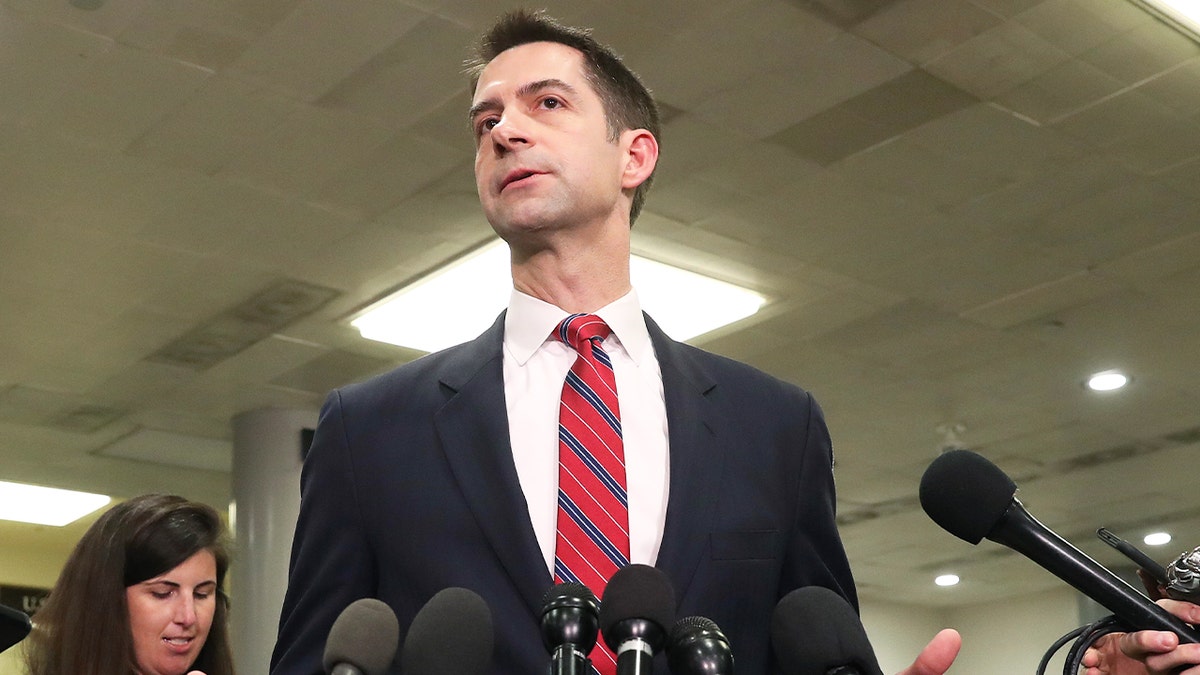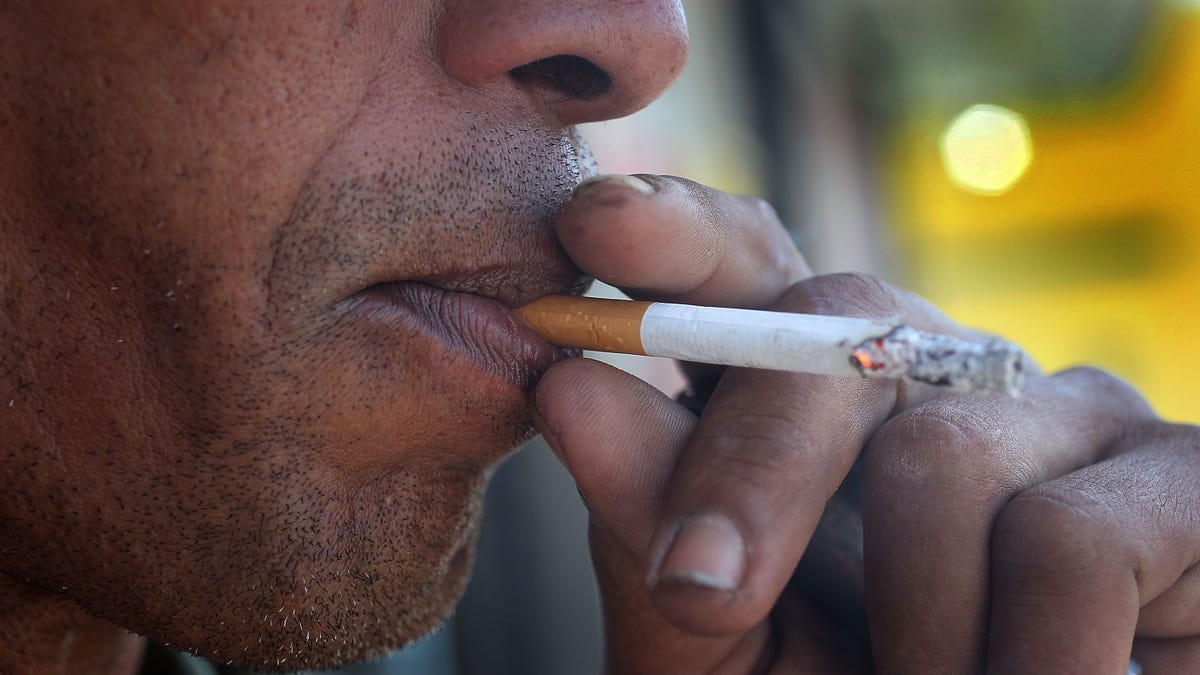The Biden administration's approach to criminal justice has drawn criticism for its perceived inconsistencies. Senator Tom Cotton argues that the administration's policies prioritize leniency for drug offenders and convicted criminals while simultaneously implementing regulations that could criminalize law-abiding citizens. He points to the administration's efforts to reduce the prison population, including commuting sentences for non-violent drug crimes and initiatives like removing barriers to voting for convicted felons.

This approach contrasts sharply with the administration's stance on other issues, such as gun control and tobacco regulation. The administration's pursuit of a ban on menthol cigarettes, while aimed at reducing health risks, could potentially impact millions of smokers. Furthermore, the ATF's rule categorizing pistols with stabilizing braces as short-barreled rifles has sparked controversy, with critics arguing it infringes on Second Amendment rights and could lead to criminal charges for otherwise law-abiding gun owners. These seemingly disparate policies raise questions about the administration's overall criminal justice philosophy and its potential impact on different segments of the population.

The administration's "harm reduction" strategy, which focuses on mitigating the risks associated with drug use rather than promoting abstinence, has also drawn criticism. While proponents argue this approach can help prevent overdoses, critics contend it perpetuates addiction. The controversy surrounding the distribution of "safe smoking kits" exemplifies this debate, with concerns raised about the inclusion of paraphernalia that could facilitate the use of illicit substances. This combination of policies – leniency towards some offenses while tightening restrictions on others – has led to accusations of misplaced priorities and a disconnect between the administration's stated goals and its actions.

The debate surrounding the pistol brace rule further highlights the tension between public safety concerns and individual rights. While supporters argue the rule is necessary to prevent gun violence, opponents contend it unfairly targets law-abiding gun owners, including disabled veterans who rely on stabilizing braces. The House Republicans' attempt to overturn the rule, met with resistance from Senate Democrats and a veto threat from President Biden, underscores the deep divisions over this issue.

The administration's approach to criminal justice remains a subject of ongoing debate, with critics questioning its consistency and effectiveness in addressing complex issues related to crime, addiction, and individual liberties.
Comments(0)
Top Comments